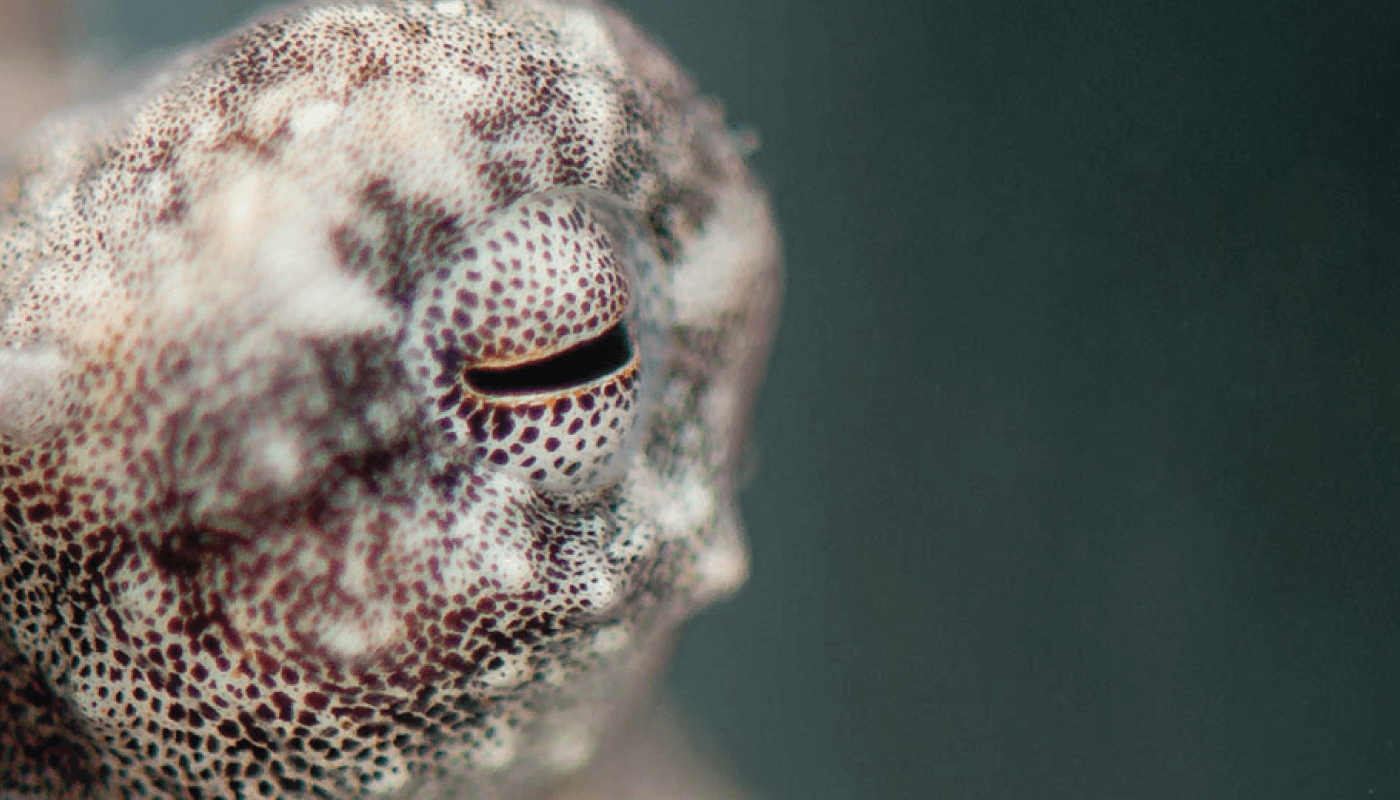
A research project led by Shelby Temple, Honorary Professor at Aston University and Bristol University, UK, measured the way octopuses can detect polarized light invisible to humans (1). Octopuses are colorblind, but the study showed that they have developed the most sophisticated and sensitive polarization vision system of any animal tested so far.
Temple explained, “We knew that octopuses, like many marine species, could see patterns in polarized light much like we see color, but we had no idea that they could do so when the light was only 2 percent polarized – that was an exciting surprise, but even more surprising was when we then tested humans and found that they were able to see polarization patterns when the light was only 24 percent polarized (2).”
This discovery led to the development of a new medical device, which identifies people at greater risk of developing age-related macular degeneration. The novel technology screens people for low macular pigments – carotenoids lutein, zeaxanthin, and meso-zeaxanthin – that act as a natural defense against damaging violet-blue light. These pigments can only be acquired from diet (from foods such as cantaloupe, pasta, corn, carrots, orange and yellow peppers, fish, and eggs) and offer long-term protection of the retina. Macular pigments prevent AMD by acting as antioxidants and by actively absorbing high-energy visible violet-blue wavelengths before they reach the retina. According to Temple, “Humans can perceive polarized light because macular pigments in our eyes differentially absorb violet-blue light depending on its angle of polarization, an effect known as Haidinger’s brushes. It’s like a super sense most of us don’t even know we have, revealing a faint yellow bowtie shape on the retina. The more of these pigments a person has, the better protected they are against sight loss.”
The new testing method enables eye care professionals to suggest appropriate lifestyle choices to people at more risk of developing AMD, such as wearing sunglasses and eating more pigment-rich foods to help prevent their eyesight.
References
- SE Temple, J Exp Biol, 224 (2021). PMID: 33602676.
- University of Bristol (2021). Available at: https://bit.ly/3fAvQjx.
